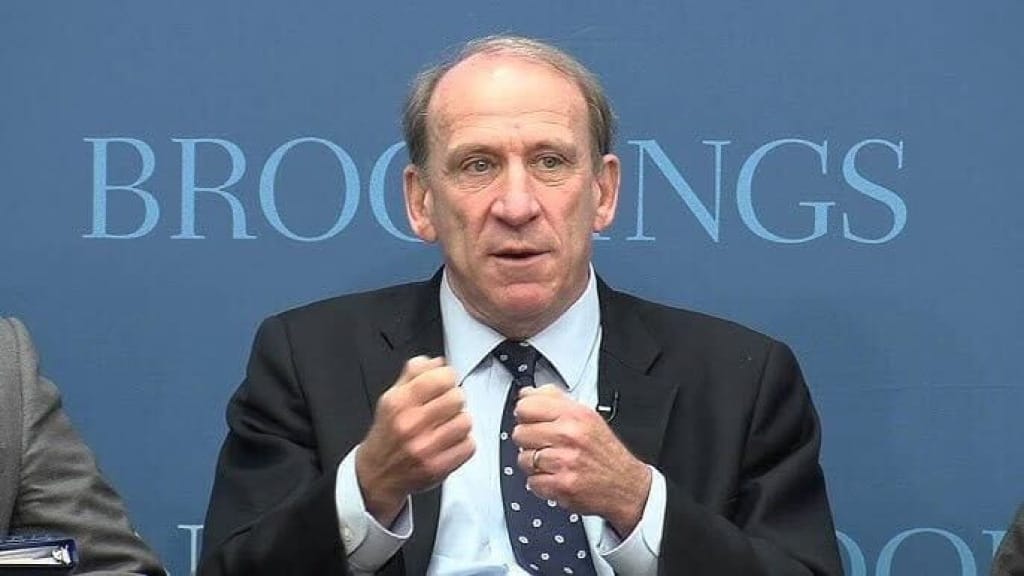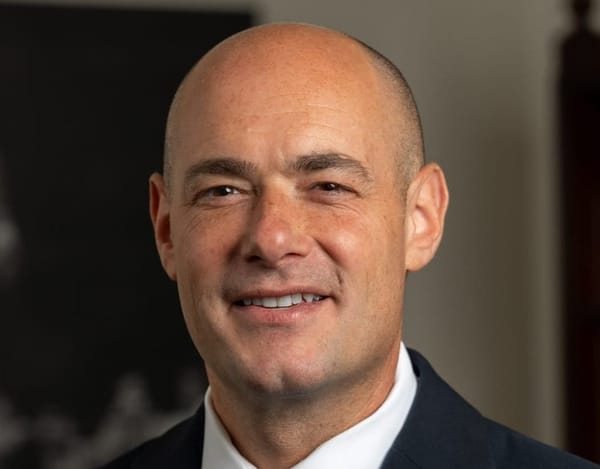Policy Experts Consider Future of the Universal Service Fund
Panelists also discussed BEAD at Technology Policy Institute event
Blake Ledbetter

WASHINGTON, Feb. 19, 2025 – While the Universal Service Fund (USF) is awaiting a key Supreme Court ruling, policy and economic experts discussed strategies to change the broadband policies of universal service.
The Technology Policy Institute (TPI) hosted an event today discussing universal service and the future of federal programs such as the $42.45 billion Broadband Equity, Access, and Deployment Program USF, E-Rate, and more.
During the conversation, Jon Nuechterlein, Nonresident Senior Fellow at TPI, criticized the current contribution policies of the USF. The proposed contribution factor for the first quarter of 2025 exceeds 36 percent, representing the percentage of interstate end-user revenues that telecommunication companies contribute to the USF. Companies typically trickle these high contribution factors into consumers’ bills, raising broadband prices.
Nuechterlein prospered two potential options for lowering this factor: placing a tax on Internet services or taxing Big Tech for their use of broadband networks.
Nick Degani, Chief Strategist at Digital Progress Institute and former Senior Counsel to FCC Chairman Ajit Pai, said he had an issue with these high contribution taxes affecting households.
“Businesses that primarily benefit from universal service today, generally contribute either nothing or almost nothing; whereas the American taxpayer… they are stuck footing the bill to help pay for the most wealthy companies in American history,” Degani said. “You have companies making billions and billions and billions of dollars. Asking them to contribute something like one percent doesn’t seem crazy.”
Blair Levin, a policy advisor at New Street Research, discussed how efforts to modify universal service needs to prioritize current implementation policies, not the funding sources of the programs.
“Distribution reform comes before contribution reform, ” Levin said. “You have to know what you’re doing before you figure out where to get the funds to do it. And we have no clue… no real analysis of what needs to be done.”
Levin also discussed BEAD, calling it “Biden’s largest DEI program.”
“If you don’t believe me, read the legislation. Equity and inclusion is throughout the program.”
However, Levin is confident the Trump administration will not kill the program in his DEI slashing, “because it services [Trump’s] people.”








Member discussion